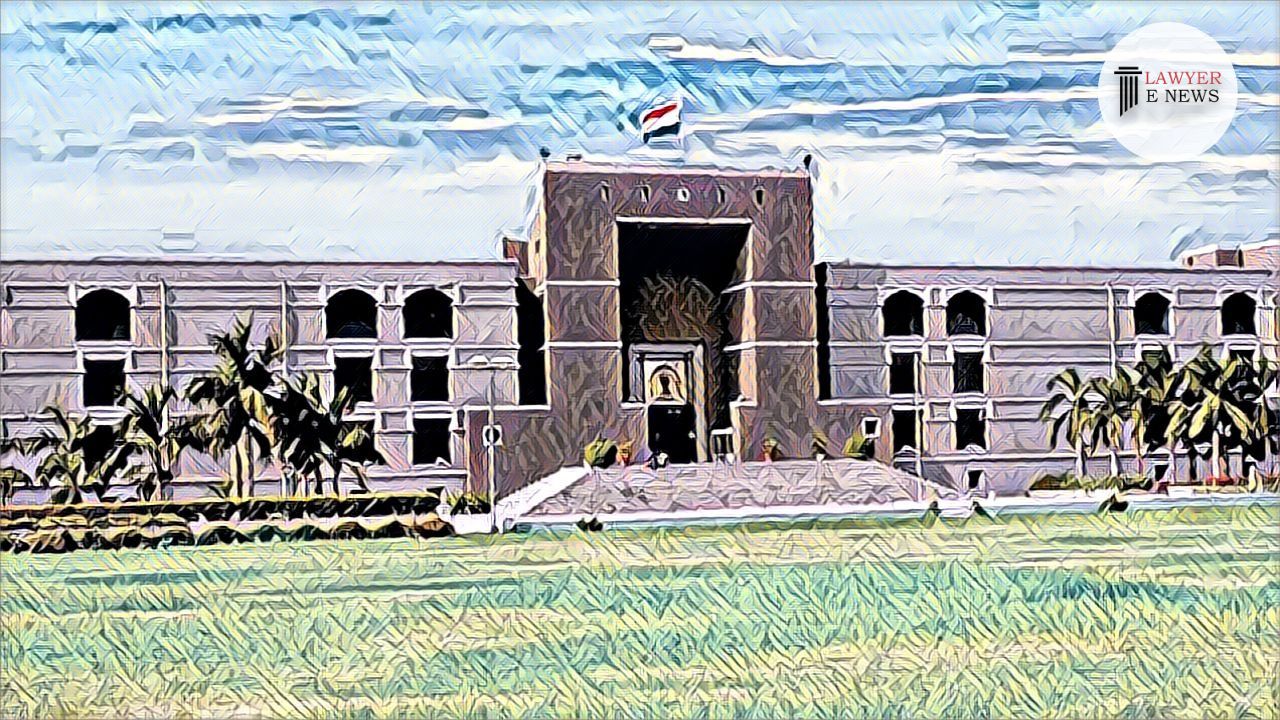-
by Admin
15 February 2026 2:36 AM



On 10 July 2023, In a significant ruling, the Hon'ble Court delivered a landmark judgement quashing criminal proceedings in a cheque bounce case, highlighting the lack of vicarious liability on the part of the accused. The judgement, delivered by Hon'ble Justice Sandeep N. Bhatt, has far-reaching implications for cases involving allegations under Section 138 of the Negotiable Instruments Act.
The court, while exercising its inherent powers under Section 482 of the Code of Criminal Procedure, emphasized the need to prevent the abuse of court processes and ensure the ends of justice. It held that the continuation of the criminal proceedings would cause undue hardship to the accused and would not serve any fruitful purpose.
High court stated, "Criminal prosecution is a serious matter; it affects the liberty of a person. No greater damage can be done to the reputation of a person than dragging him in a criminal case." It further emphasized that criminal prosecution should not be used as an instrument of harassment or for seeking personal vendetta.
The judgement focused on the specific averments in the complaint and the burden on the accused to establish their non-involvement in the company or firm's affairs. The court stated, "The complainant is supposed to know only generally as to who were in charge of the affairs of the company or firm... It is only the Directors of the company or the partners of the firm who have the special knowledge about the role they had played."
In reaching its decision, the court took into account various precedents, including the case of Anil Khadkiwala and Mohan Singh, which recognized the maintainability of a successive application under changed circumstances. The court also referred to the case of Harshendra Kumar D. v. Rebatilata Koley, which emphasized the need for unimpeachable evidence or acceptable circumstances to demonstrate the non-liability of the accused.
This judgement serves as a reminder that the court's inherent powers should be exercised cautiously and sparingly, considering the facts and circumstances of each case. It highlights the importance of establishing a prima facie case against the accused and avoiding the misuse of criminal prosecution.
The ruling provides respite to the present applicant, whose criminal cases have been quashed, while allowing the complainant to pursue appropriate remedies under criminal and civil laws. This judgement is expected to have a significant impact on future cheque bounce cases, ensuring a fair and just legal process.
Representing the applicant stated, "This judgement reinforces the principle of justice and prevents the misuse of criminal prosecution. It provides relief to the accused who resigned from the company prior to the alleged transaction, highlighting the importance of specific averments and burden of proof on the accused."
Date of Decision: 10 July 2023
MANOJKUMAR RAMNIKBHAI ROJIVADIYA (PATEL) vs STATE OF GUJARAT
